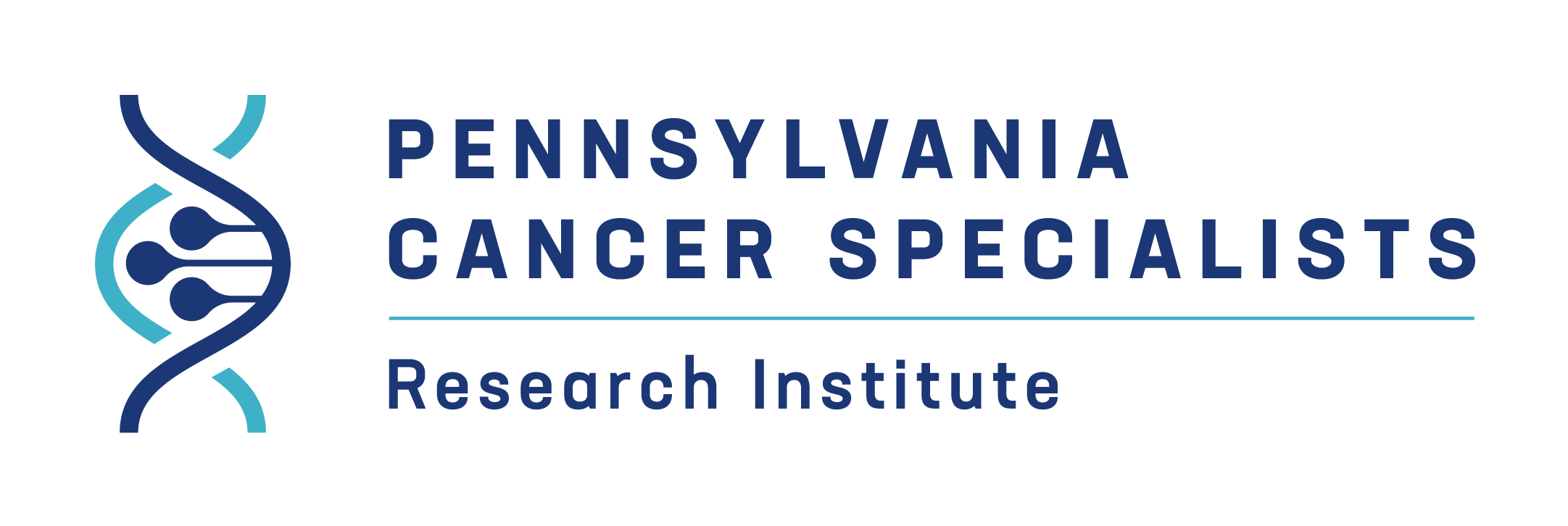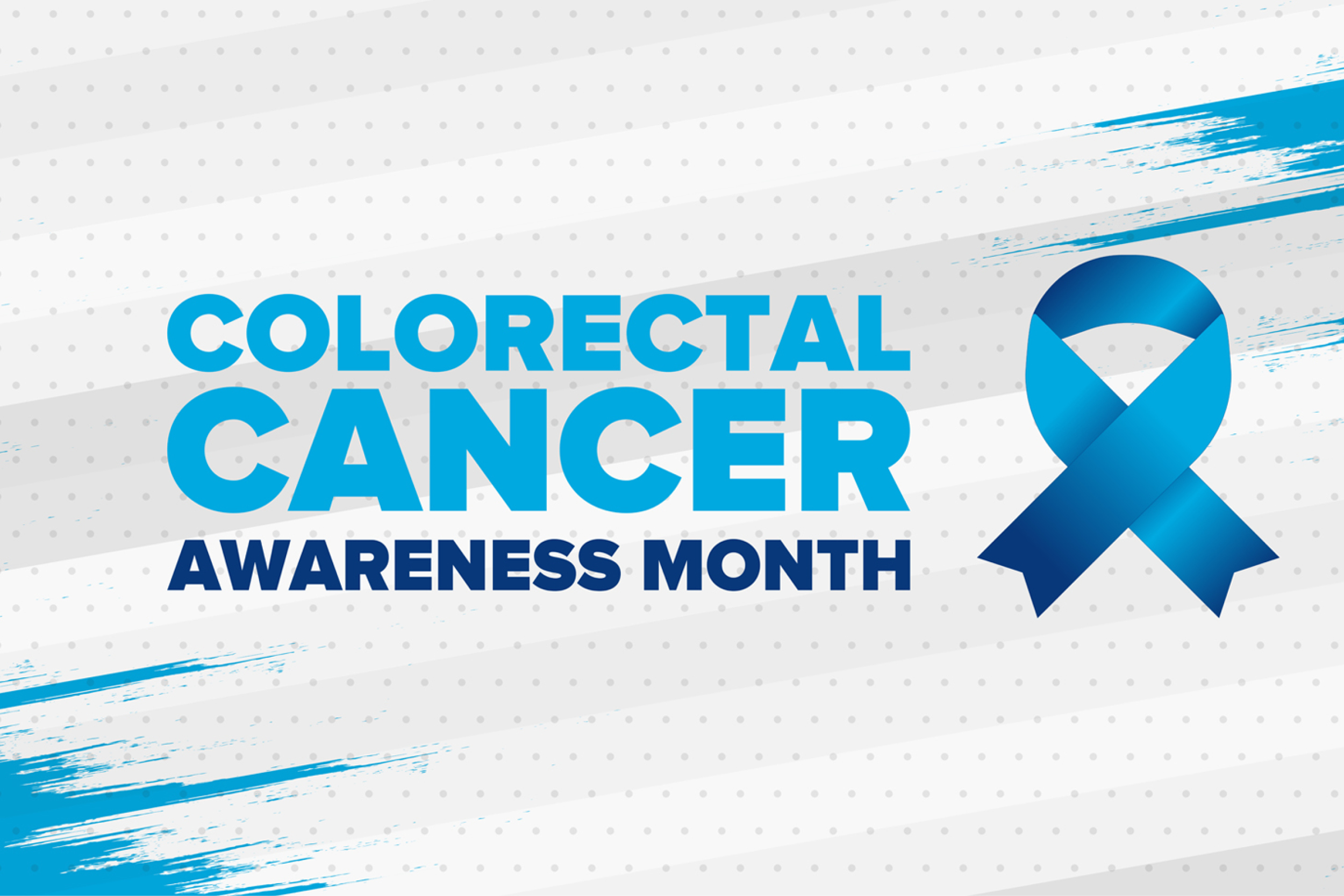Colorectal Cancer Awareness Month
March is Colorectal Cancer Awareness Month, a time to educate people about the risks and prevalence of colorectal cancer, as well as the importance of early detection through regular screening. Colorectal cancer is the third most common cancer in the United States, and early detection is crucial for successful treatment.
Colorectal cancer affects both men and women and can occur at any age. It is estimated that there will be approximately 150,000 new cases of colorectal cancer in the United States in 2023. The good news is that screening can help detect the cancer early, when it is most treatable. Screening tests can also detect precancerous polyps, which can be removed before they turn into cancer.
There are several different screening options for colorectal cancer, including stool tests, flexible sigmoidoscopy, colonoscopy, and virtual colonoscopy. The American Cancer Society recommends that adults at average risk for colorectal cancer start regular screening at age 45, while those at increased risk, such as those with a family history of the disease, may need to start screening earlier or more frequently.
Screening tests can be uncomfortable or embarrassing, but the benefits of early detection far outweigh the discomfort of the test. In fact, regular screening can reduce the risk of dying from colorectal cancer by up to 60%.
It’s also important to pay attention to symptoms that may indicate colorectal cancer, such as changes in bowel habits, blood in the stool, abdominal pain or cramping, and unexplained weight loss. If you experience any of these symptoms, talk to your doctor right away.
At Pennsylvania Cancer Specialists Research Institute, we are committed to supporting patients and families affected by colorectal cancer. Our team of oncology experts is dedicated to advancing research, improving treatment options, and providing personalized care to each patient.
If you or a loved one is at risk for colorectal cancer, we encourage you to talk to your doctor about screening options. Early detection can make all the difference in successful treatment and recovery. Together, we can work towards a future without colorectal cancer.


